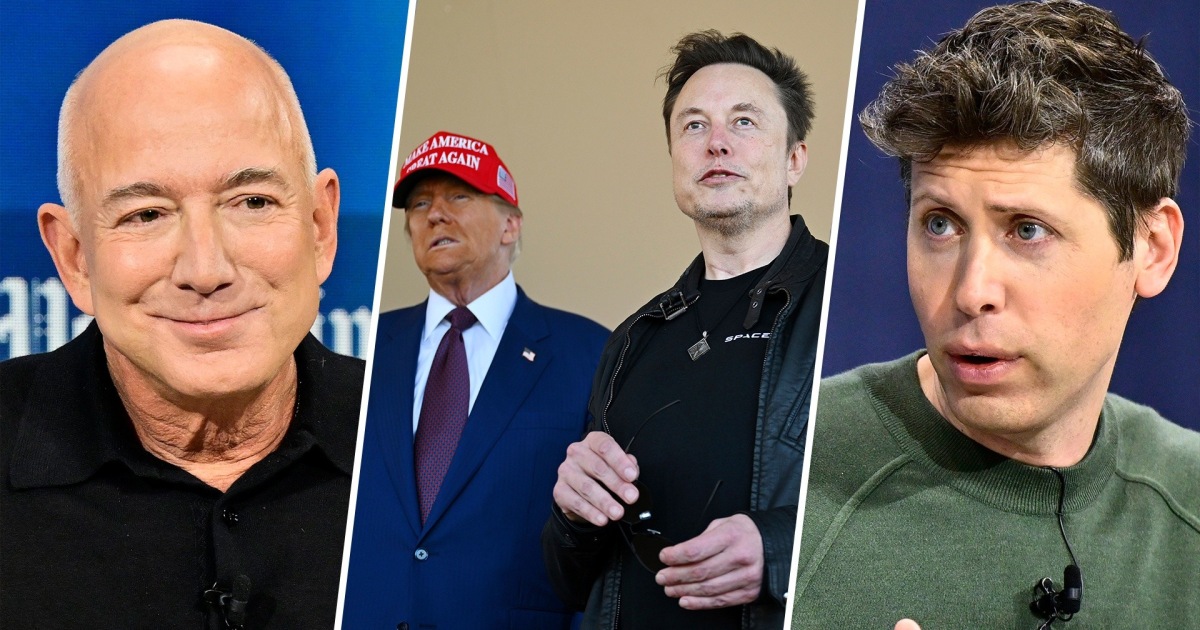Elon Musk’s Appointment to Lead the Department of Government Efficiency: Implications for Technology, Innovation, and Public Policy
In November 2024, President-elect Donald Trump appointed Elon Musk to lead the newly established Department of Government Efficiency (DOGE). This initiative aims to streamline federal operations, reduce wasteful spending, and eliminate unnecessary regulations. Musk, renowned for his leadership of Tesla, SpaceX, and Neuralink, brings a wealth of experience in innovation and efficiency to this role.
Objectives of the Department of Government Efficiency
The primary goals of DOGE include:
- Streamlining Government Operations: Identifying and eliminating redundant processes to enhance efficiency.
- Reducing Wasteful Spending: Implementing measures to cut unnecessary expenditures and optimize resource allocation.
- Eliminating Unnecessary Regulations: Reviewing and removing outdated or redundant regulations to foster a more conducive environment for innovation.
Elon Musk’s Vision for Government Efficiency
Musk has expressed intentions to:
- Identify and Eliminate Redundant Agencies: Propose consolidating federal agencies to reduce bureaucracy.
- Implement Technological Solutions: Leverage advancements in artificial intelligence and automation to improve government services.
- Promote a Culture of Innovation: Encourage a mindset within government that embraces change and continuous improvement.
Potential Implications for Technology and Innovation
Musk’s leadership in DOGE could lead to significant advancements in technology and innovation, including:
- Accelerated Adoption of Emerging Technologies: Integrating AI and automation into government operations to enhance efficiency.
- Enhanced Public-Private Partnerships: Fostering collaborations between government entities and private tech companies to drive innovation.
- Improved Infrastructure: Modernizing government facilities and services to better serve the public.
Impact on Public Policy
The establishment of DOGE is poised to influence public policy in several ways:
- Policy Reforms: Advocating for legislative changes to support a more efficient government structure.
- Resource Allocation: Redirecting funds from redundant programs to more impactful initiatives.
- Regulatory Overhaul: Simplifying and updating regulations to promote economic growth and innovation.
Challenges and Considerations
Despite the potential benefits, several challenges may arise:
- Resistance to Change: Overcoming institutional inertia and opposition from stakeholders accustomed to the status quo.
- Implementation Complexity: Effectively executing large-scale reforms within the existing governmental framework.
- Balancing Efficiency with Equity: Ensuring that efficiency measures do not disproportionately impact vulnerable populations.
Conclusion
Elon Musk’s appointment to lead the Department of Government Efficiency represents a bold step toward transforming federal operations. By applying principles of innovation and efficiency, there is potential to create a more responsive and effective government. However, careful consideration and strategic planning will be essential to navigate the complexities of this ambitious undertaking.
See more Future Tech Daily

